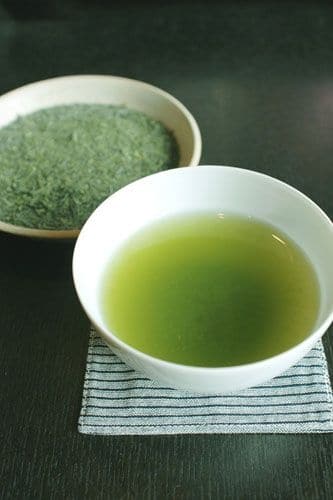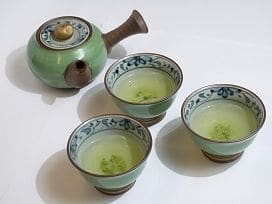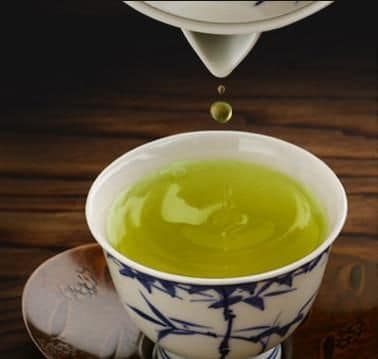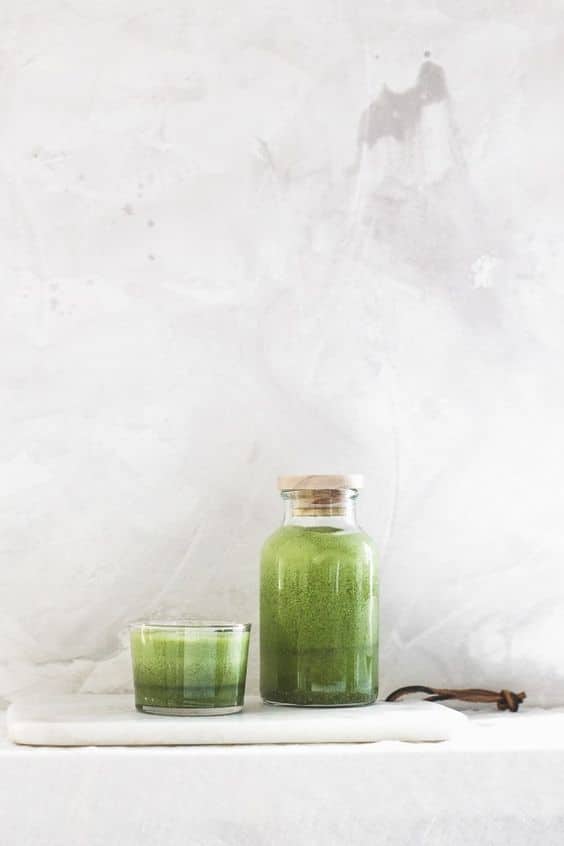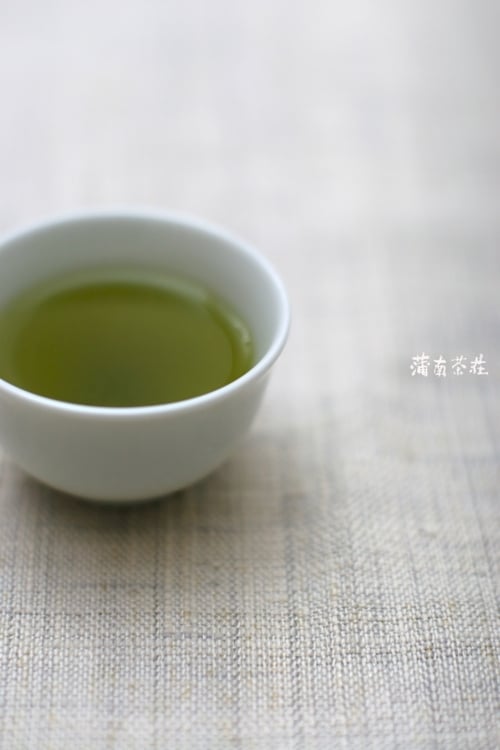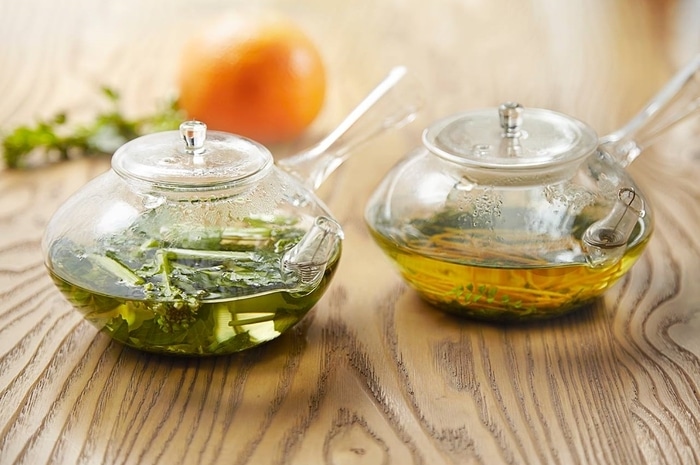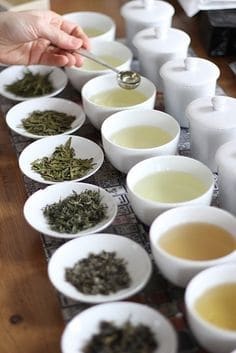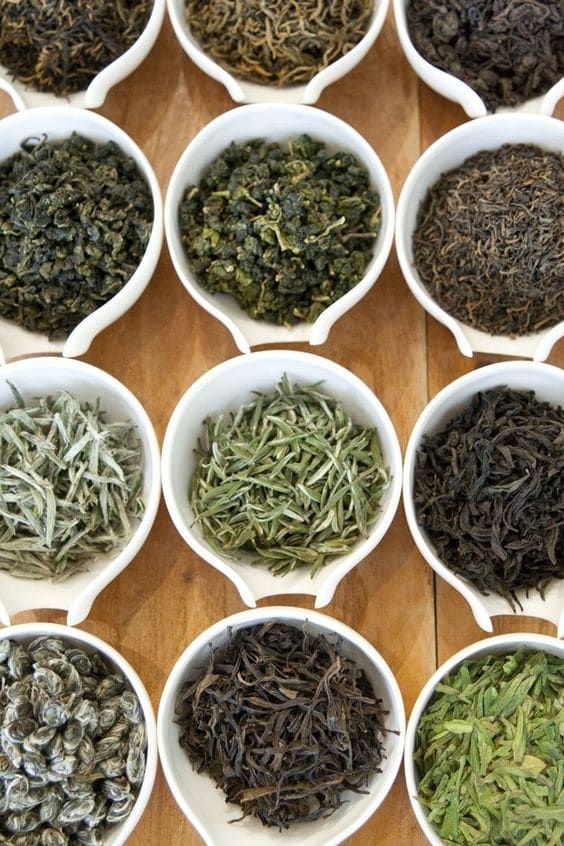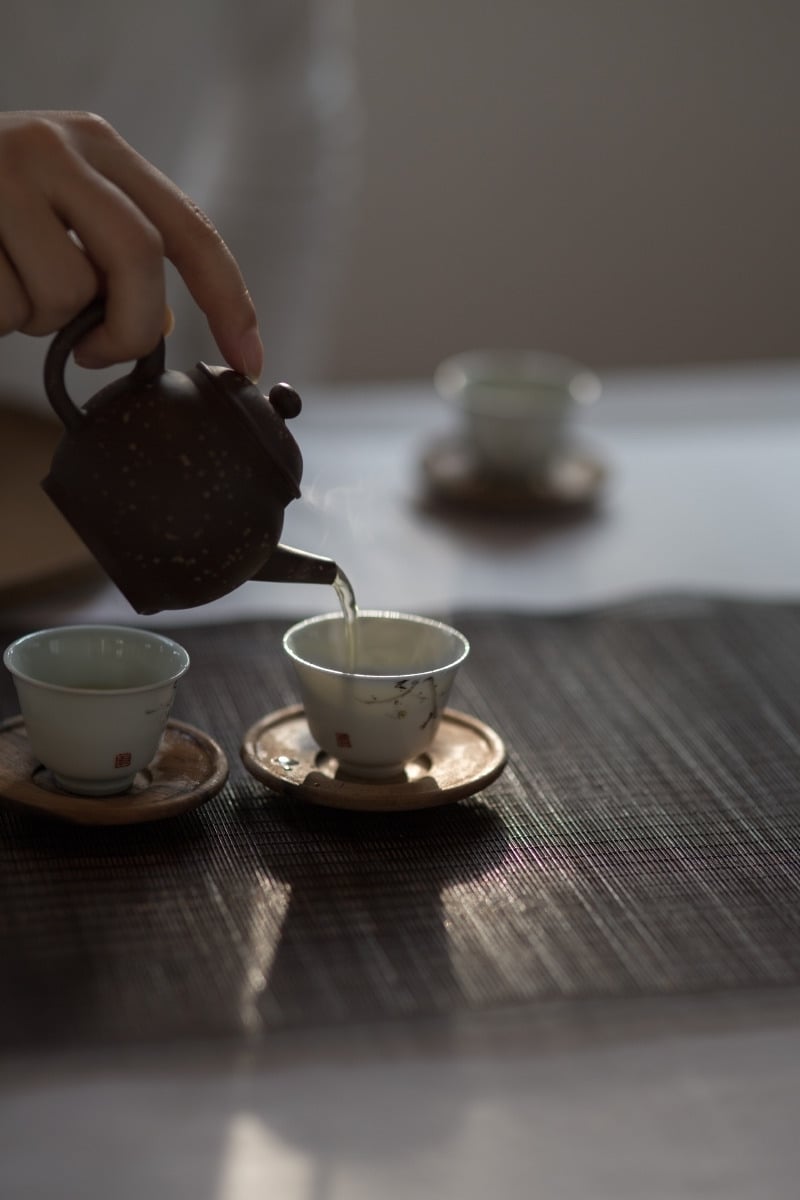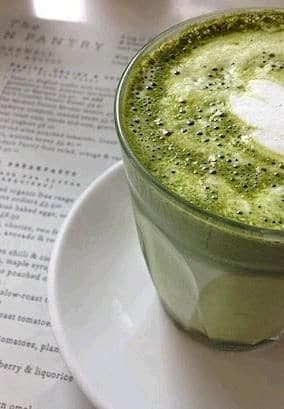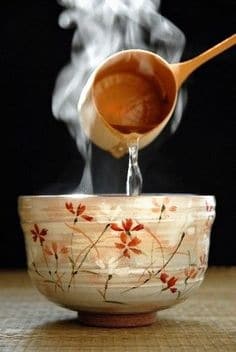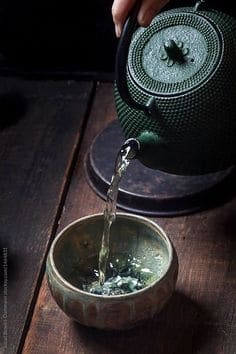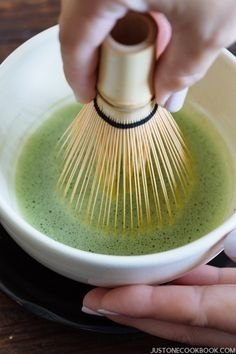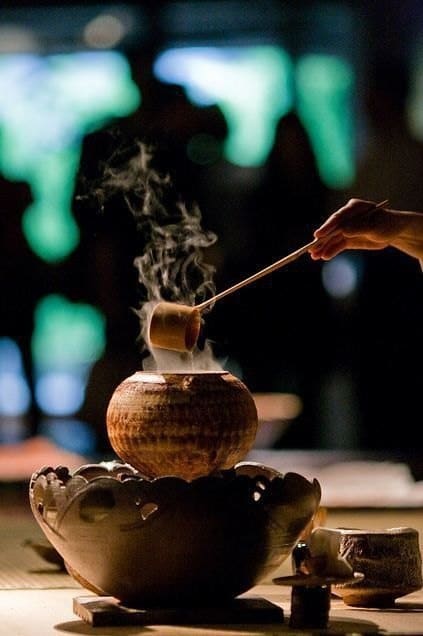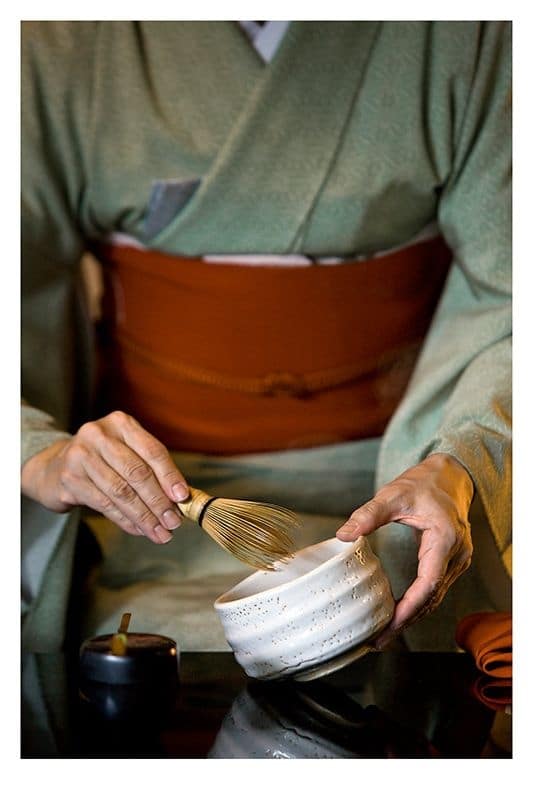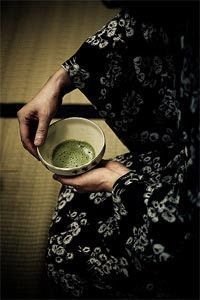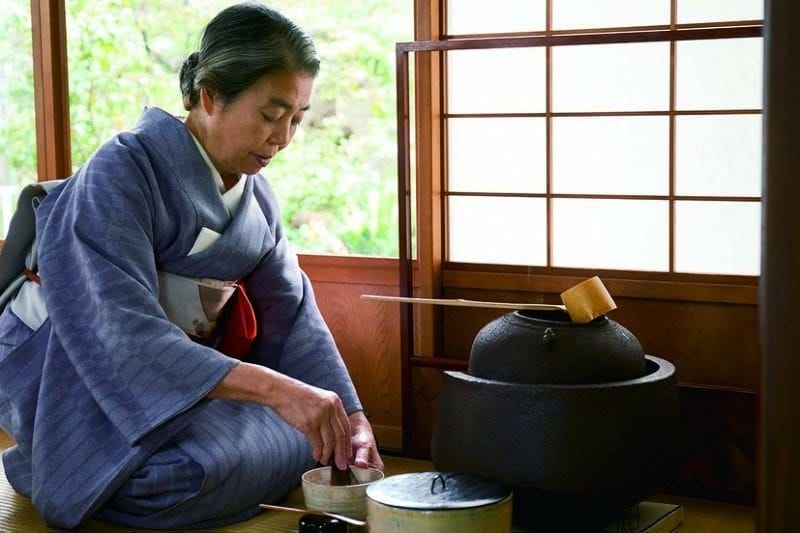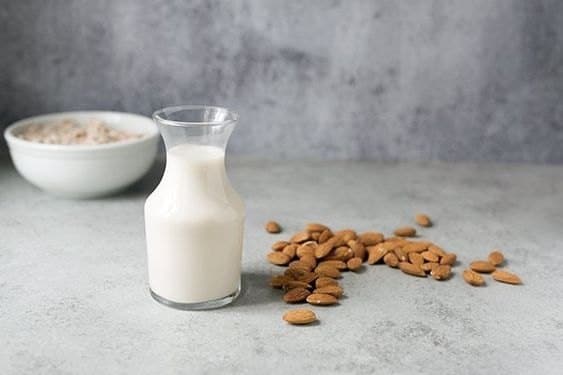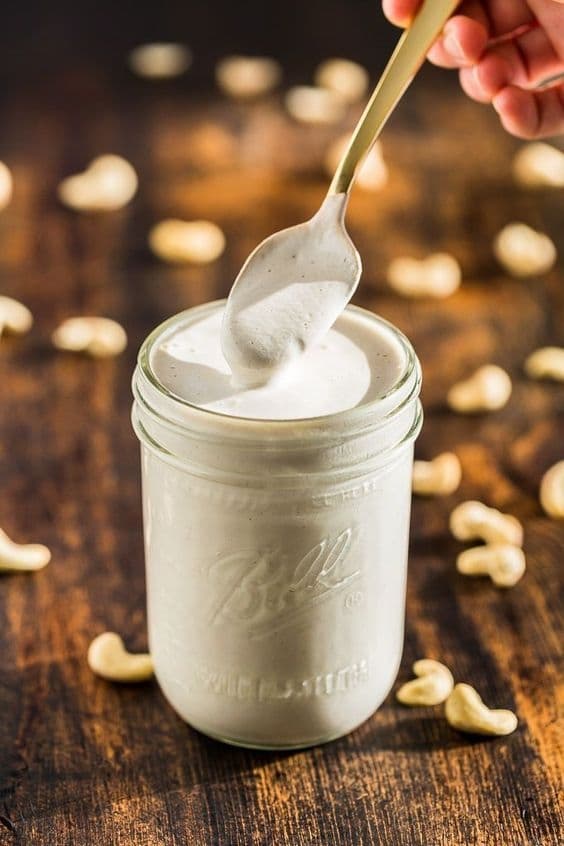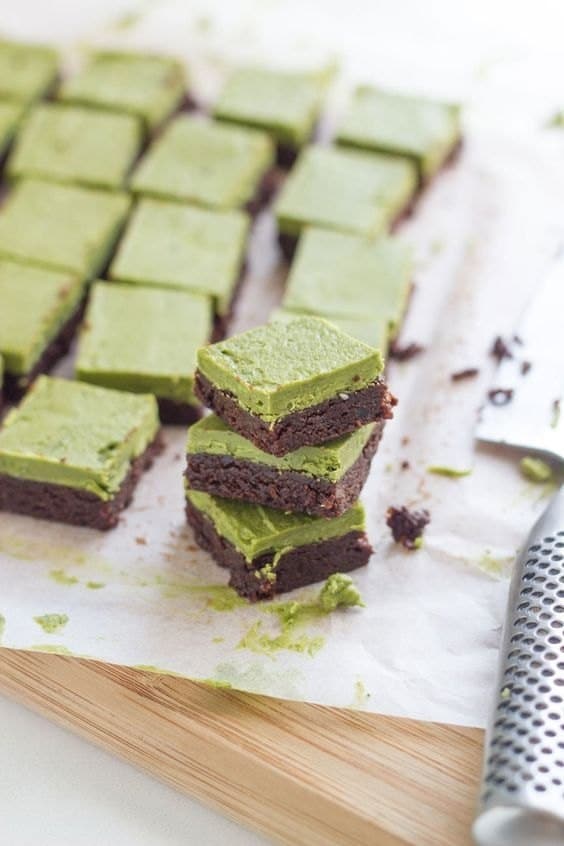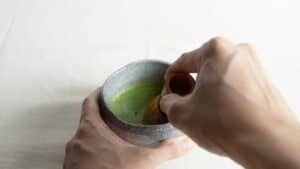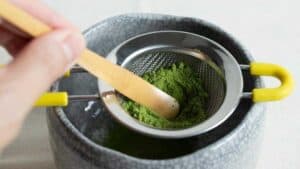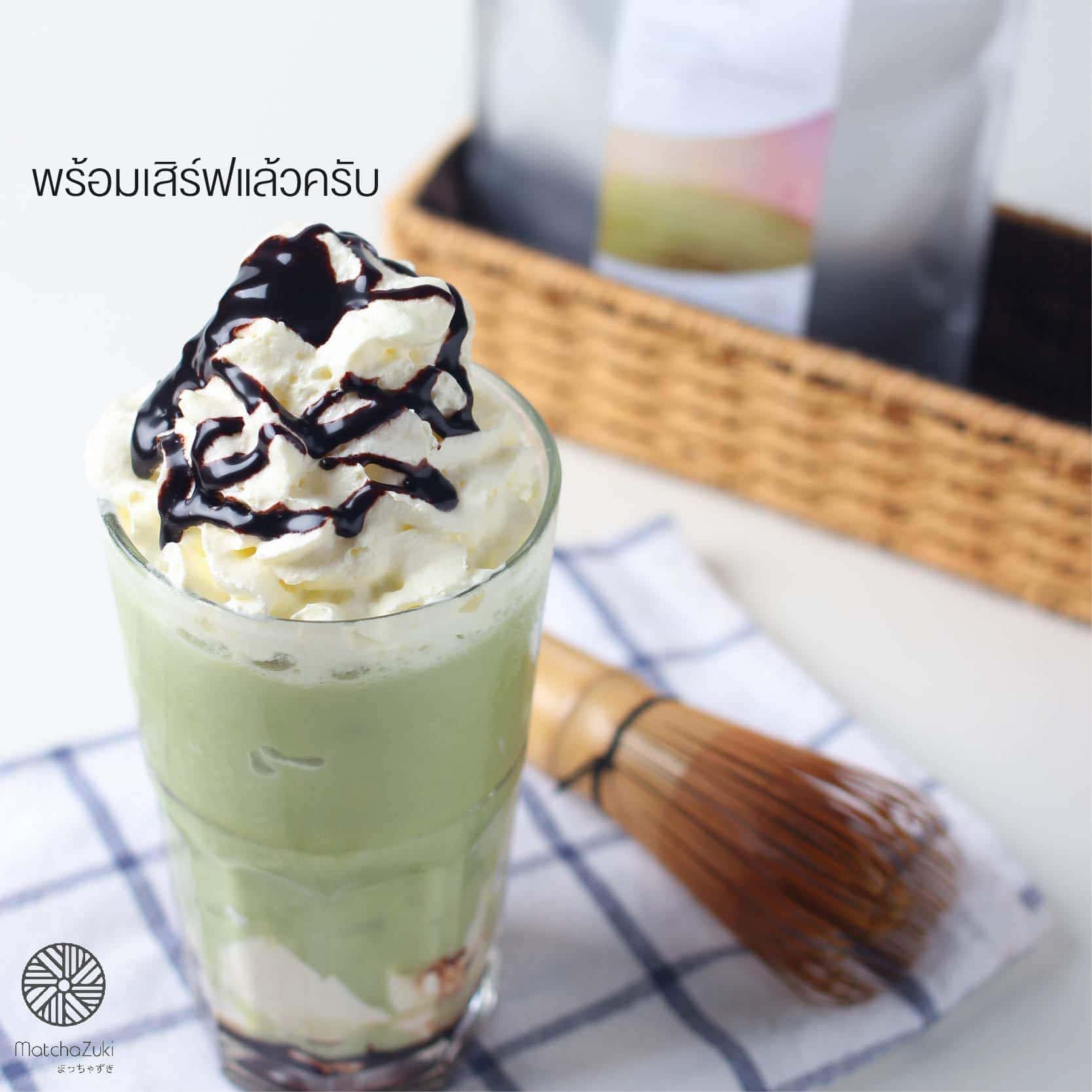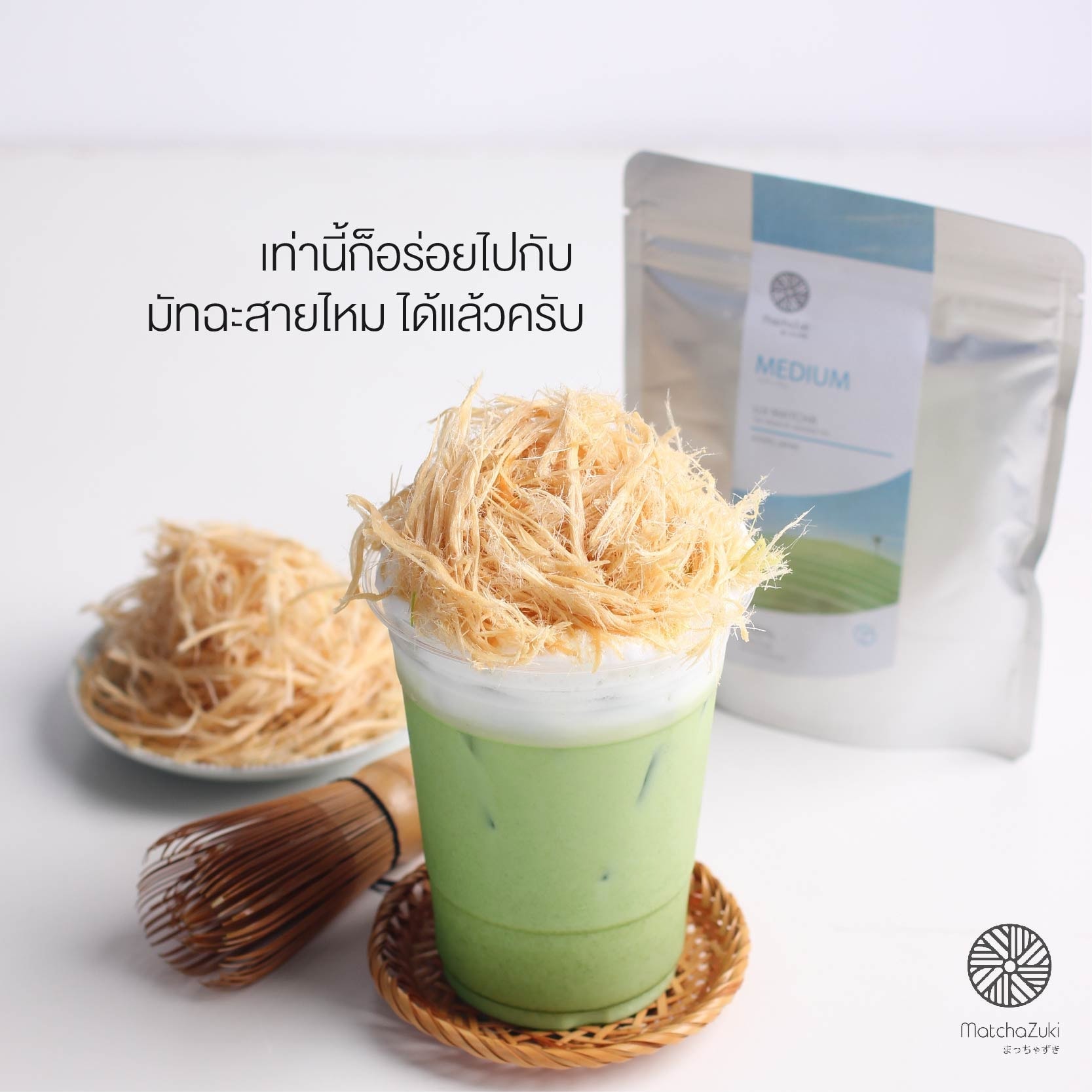Before we reveal the answer, let’s take a quick look at the nutrients in matcha.
100 grams of matcha contains the following nutrients:
“Energy 324 kcal, Water 5 g, Protein 29.6 g, Protein from amino acids 22.6 g, Fat 5.3 g, 0.68 g, Triglycerides 3.3 g, Saturated fatty acids 0.68 g, Monounsaturated fatty acids 0.34 g, Polyunsaturated fatty acids 2.16 g, Cholesterol 0 g, Carbohydrates 39.5 g, Usable carbohydrates 1.6 g, Soluble fiber 6.6 g, Insoluble fiber 31.9 g, Total fiber 38.5 g, Ash content (inorganic food fraction) 7.4 g, Sodium 6 mg, Potassium 2700 mg, Calcium 420 mg, Magnesium 230 mg, Phosphorus 350 mg, Iron 17.0 mg, Zinc 6.3 mg, Copper 0.6 mg, Vitamin A beta-carotene 29000 mcg, Vitamin A1 2400 mcg, Vitamin E tocopherol 28.1 mg, Vitamin K 2900 mcg, Vitamin B1 0.6 mcg, Vitamin B2 1.35 mg, Niacin 4.0 mg, Vitamin B6 0.96 mg, Folic acid 1200 mg, Pantothenic acid 3.7 mcg, Vitamin C 60 mg, Caffeine 3.2 g, Tannin 10.0 g.”
Sorry for the length. Just read through it.
This information is translated from the Standard Nutrient List for Consumer Products, 7th Edition, 2015 (latest edition), produced by the Ministry of Education, Culture, Sports, Science and Technology, Japan. It is reliable and can be used as a reference.
Judging from this information, matcha is incredibly nutritious. Consuming a whole 100-gram jar shouldn’t be a problem, right? However, there’s one substance we should be especially wary of: caffeine.
100 grams of matcha contains 3.2 grams of caffeine, which means that 1 gram of matcha contains 32 milligrams of caffeine. For example, if you use a matcha tea with hot water, which normally uses a maximum of 2 grams, your body will receive 64 milligrams of caffeine.
So, how much caffeine should you be getting?
There is currently no established ADI (Acceptable Daily Intake) for caffeine. According to the recommendations of the European Food Safety Authority (EFSA), the appropriate daily intake of caffeine varies by age and body weight as shown in the table below.
| Age range |
Appropriate daily amount |
Recommended amount of matcha |
Simple summary |
| 75 years and older |
22-417mg |
0.69-13.03g |
Up to 2 tablespoons 1 teaspoon |
| 65-75 years old |
23-362mg |
0.72-11.31g |
Up to 2 tablespoons, half a teaspoon |
| 18-64 years old |
37-319mg |
1.16-9.97g |
Up to 2 tablespoons |
| 10-18 years old |
0.4-1.4mg/body weight (kg) |
0.01-0.0437gx body weight (kg) |
– |
| 3-10 years |
0.2-2.0mg/body weight (kg) |
0.006-0.0625gx body weight (kg) |
– |
| 12-36 months |
0-2.1mg/body weight (kg) |
0.006-0.03125gx body weight (kg) |
– |
| pregnant women |
200 mg per day |
6.25 g per day |
Up to 1 tablespoon, half a teaspoon |
According to the table above, for ages 12 months to 18 years, readers should calculate for themselves. Those who don’t have a measuring device may find it difficult, so I tried to see if I could change it to teaspoons, which everyone should be familiar with.
If you look at the picture below with the blue spoon, that’s a measuring spoon. 1 teaspoon of matcha is about 2.2-2.4 grams. As for the cover image, it’s measured from a measuring spoon. 1 teaspoon gives about 4.9-5.1 grams of matcha. These measuring spoons are easy to find. Try estimating them.
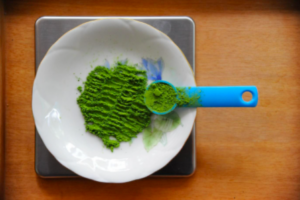
Caffeine intake is still a subject of research, and different organizations have come to different conclusions. For example, the New Zealand Food Safety Authority (NZFSA) says that healthy adults can consume up to 400 mg of caffeine per day (about two tablespoons and a little over a teaspoon of matcha). As new research becomes available, this number is likely to change, but if you’re going to believe Europe, the numbers in this table should give you a good idea.
What effects will the body have if it consumes caffeine?
There are so many studies on the benefits and harms of caffeine, and so many cases, that it’s hard to easily determine which type of person it affects. However, the Food Safety Commission of Japan (FSC), established by the Prime Minister’s Office, has compiled the following information about caffeine:
Taken in appropriate amounts: It stimulates the nervous system, relieves drowsiness, and relieves alcohol intoxication (be careful not to drink too much alcohol).
Received in excessive amounts:
- Central nervous system stimulation: dizziness, increased pulse, anxiety, tremors, insomnia.
- Stimulates the digestive tract: Stimulates diarrhea and nausea.
- diuretic
The World Health Organization also states that during pregnancy, the body clears caffeine from the bloodstream more slowly. Several studies have shown that consuming too much caffeine (the WHO figure is 300 mg per day – almost 2 tablespoons of matcha) can lead to delayed fetal development, lower birth weight, premature birth, and stillbirth. Therefore, it is recommended to limit caffeine intake to a reasonable level.
The Japan Beverage Industry Association also recommends against consuming caffeinated beverages while using pharmaceuticals containing caffeine.
No matter how nutritious a food is, consuming too much of it is not good. This applies even to matcha. Some people brew matcha in the traditional way (1.7-2.0 grams) and are hesitant to consume too much. I hope that after reading this article, everyone will be able to enjoy matcha with more peace of mind.
https://chakatsu.com/basic/caffeine_matcha/
Article from: Vachi
